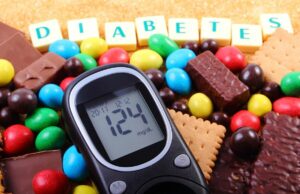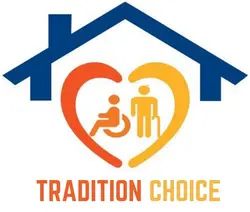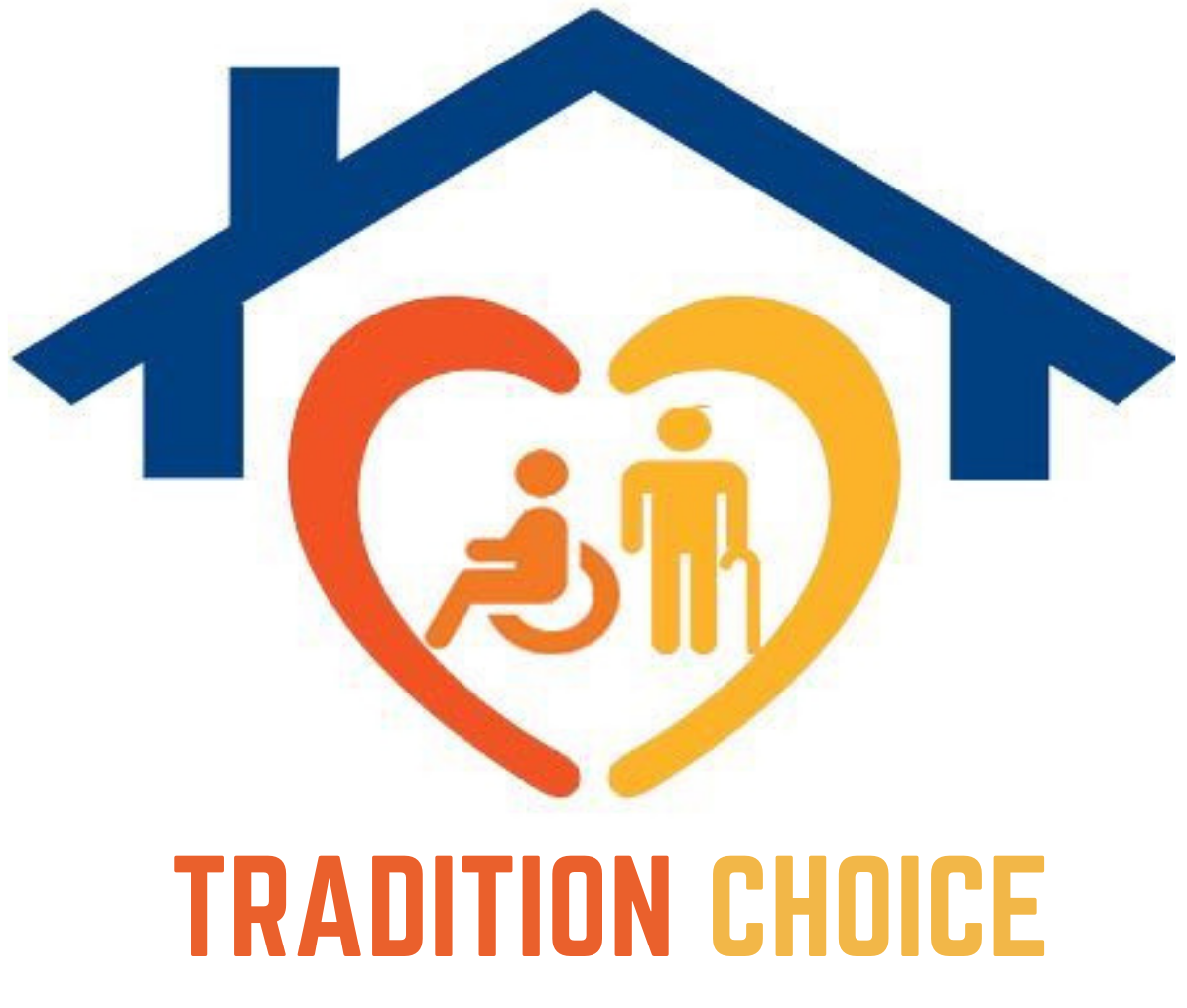Many older adults with diabetes use insulin to help control their blood sugar levels. Taking it in the proper amounts makes the medication an important part of treatment and can be very effective. Unfortunately, sometimes a person will accidentally take more insulin than their body needs. This can result in hypoglycemia, which means that blood sugar levels have gotten too low. Being able to recognize hypoglycemia in your aging relative and knowing what steps to take could save their life.
Symptoms of Hypoglycemia
There are many symptoms that can appear when an older adult takes too much insulin and experiences hypoglycemia. Some of the symptoms are:

Home Health Care Albany NY – What to Do if a Senior Takes Too Much Insulin
- Shakiness.
- Sweating, chills, and clamminess.
- Exhibiting irritability or impatience.
- Confusion.
- Rapid heartbeat.
- Anxiousness.
- Dizziness.
- Hunger.
- Nausea.
- Pale skin.
- Sleepiness.
- Lack of energy.
- Blurry vision.
- A tingling or numb feeling in the lips, tongue, or cheeks.
- Headaches.
- Clumsiness.
- Having nightmares or crying out when sleeping.
If hypoglycemia gets severe, you may see symptoms like:
- An inability to talk, chew, or swallow.
- Loss of consciousness.
- Seizures.
When hypoglycemia isn’t treated, it can result in death.
How to Help Older Adults with Hypoglycemia
Most of the time, hypoglycemia can be dealt with at home. The first thing that needs to be done is checking the senior’s blood sugar, so you know what level they are starting with. WebMD recommends you then take these steps:
- Drink half a cup of sugary soda or sweetened fruit juice. Also, eat a piece of hard candy, take a glucose pill, or use glucose paste or gel.
- If the senior skipped a meal, they should eat something containing 15 to 20 grams of carbohydrates.
- Rest.
- Recheck blood sugar in 15 to 20 minutes. If it’s still low, take more 15 to 20 grams more glucose. The senior should also eat something and continue snacking until they feel better.
- If glucose remains low after 2 hours, get medical attention.
Home Health Care Can Prevent Insulin Overdoses
Insulin overdoses are usually the result of making a mistake in taking insulin or in eating. Some common causes of insulin overdoses are:
- Taking insulin twice with a meal.
- Taking long-lasting insulin two times in a day.
- Taking insulin for a meal, but then forgetting to eat.
- Taking rapid-acting insulin instead of long-lasting, or vice versa.
Home health care providers can help to prevent these kinds of errors from occurring. Home health care providers can remind an older adult that they have already taken their insulin, so that they don’t accidentally take it again. Home health care providers can also keep an eye on which kind of insulin the senior is using to keep them from taking the wrong one. In addition, a home health care provider can make certain the older adult is eating meals at regular times of the day.
Sources: https://www.webmd.com/diabetes/insulin-overdose#1
https://www.medicalnewstoday.com/articles/317300.php
https://diabetesstrong.com/insulin-overdose/

